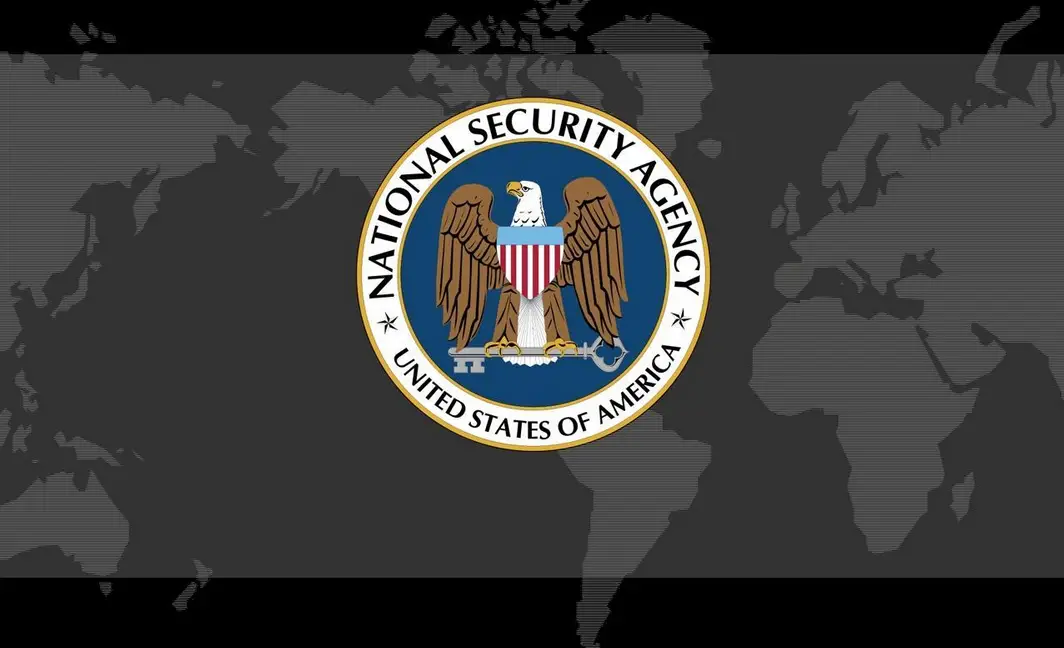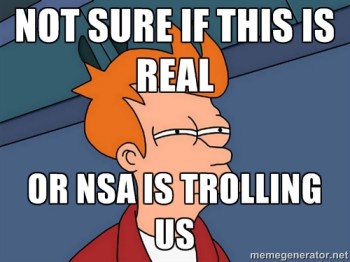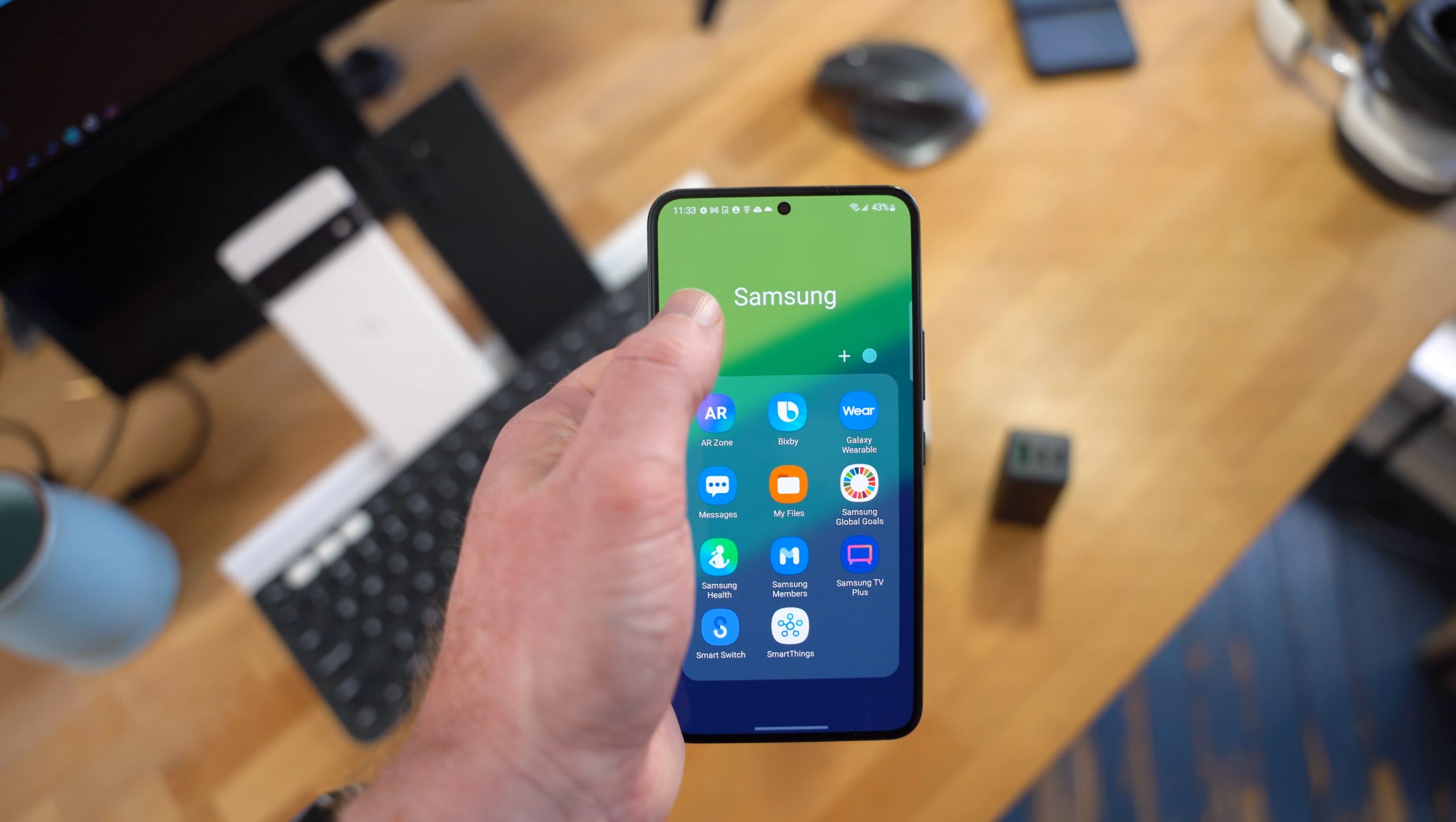News just came out that Judge Leon, District Judge in the federal district court for the District of Columbia, issued a preliminary injunction on NSA data collection. All 68 pages of the opinion can be read here.
Some sites have come out stating that the NSA has been enjoined, or that NSA data collection is illegal, etc. It’s important people understand what happened in this case. The NSA has not been enjoined and their wiretapping has certainly not been declared unconstitutional.
So what does this actually mean?
What happened was the district court issued a preliminary injunction that was suspended pending the appeal to the DC Circuit Court. Further, the merits of the constitutionality of it were never touched.
For a brief discussion on what this actually means for anyone concerned about privacy and NSA wiretapping (and it’s kind of depressing), be sure to read on.
It’s extremely important to note that a PRELIMINARY injunction is not a PERMANENT injunction. A preliminary injunction has to meet certain elements:
- that there is a likelihood of irreparable harm with no adequate remedy at law;
- that the balance of harm favors the movant;
- that there is a likelihood of success on the merits of the case; and
- that the public interest favors the granting of the injunction.
All the preliminary injunction does is stop the behavior while the case is fully litigated. As noted in the opinion, the preliminary injunction was granted based on the pleadings and a hearing. The case was, under no circumstances, litigated.
What’s going to happen from here?
What federal courts allow is interlocutory appeals. An interlocutory appeal means that, under 28 USC 1292, an appeals court can hear an interlocutory order and rule on it without the case being fully litigated. In contrast, here in New York, appellate courts will only hear appeals once the entire case is litigated, i.e. no interlocutory appeals.
It is important to note that a preliminary injunction is not ruling on the merits of the case and an appeal of the injunction does not begin to touch the merits. The appellate ruling is more of a procedural one, meaning where the elements of the preliminary injunction met.
What this case has done (thus far) is a district court (lowest level of federal courts with no binding precedential value) has acknowledged that there is Article III standing to hear this case, and that there are enough merits to the case to warrant a preliminary injunction. This has not declared anything unconstitutional — in fact, it doesn’t touch the issue other than saying it’s “likely” unconstitutional.
The preliminary injunction stops the behavior, but it gives the chance for the government to argue, during the actual litigation of the case, that it is in fact constitutional. Further, because the order is immediately appealable, until the appellate court rules on the preliminary injunction (remember the elements above, key to which are no remedy at law and likelihood of success on the merits) it has absolutely no legal value. Moreover, the appellate court isn’t ruling on the actual law, they’re ruling on whether the elements of a preliminary injunction have been met. Also, I’d imagine that the government will appeal the standing issue as well.
There is hope yet
All that being said, I do believe this is a step in the right direction as it has now led to a federal court acknowledging that this behavior may be unconstitutional (though, under 30 years of Supreme Court precedent, that argument is still admittedly iffy).
This may not be the sensationalist type of news that everyone wants to hear regarding the constitutionality of NSA data collection. It is, however, legally and technically correct. As was said in Futurama (and it’s no less true in the legal system): technically correct is the best kind of correct.












I miss the days when we didn’t know how chicken nuggets were made. Thanks Snowden! Depressing days…
i miss they days where we didnt care what they were made of. they were just good and thats all that mattered.
Depressing days…
So you think ignorance is bliss?
Read: Sarcasm/cheekiness…
I think MISINFORMATION and PARANOIA are FAR WORSE versus ignorance.
By “30 years of supreme Court precedent,” are you referring to the ~1976 case saying there is no reasonable expectation of privacy concerning telephone meta data? I’d say that’s a little out dated and the ruling could never have taken into account the growth of telephones since. A lot of information can be gained from meta data, especially with the advanced computing power and other data collected. Searched “symptoms for aids” on Google, phone gps located at a public health center, called your doctor, had a long telephone conversation with your mom, all in a short period of time? The government can figure a lot of things out with “just” meta data.
Have they ever done this?